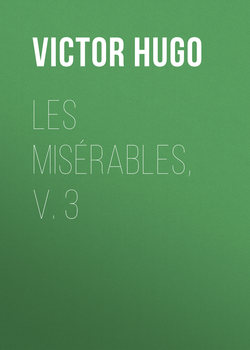Читать книгу Les Misérables, v. 3 - Victor Hugo, Clara Inés Bravo Villarreal - Страница 9
BOOK I
PARIS STUDIED IN ITS GAMIN
CHAPTER IX
THE OLD SOUL OF GAUL
ОглавлениеThis lad may be traced in Poquelin, a son of the Halles, and again in Beaumarchais; for gaminerie is a tinge of the Gallic temper. When blended with common sense, it at times adds strength, in the same way as alcohol when mixed with wine; at other times it is a fault. Homer, it is true, repeats himself, and we might say that Voltaire plays the gamin. Camille Desmoulins was a faubourien. Championnet, who abused miracles, issued from the pavement of Paris; when quite a lad, he "inundated the porticos" of St. Jean de Beauvais and St. Étienne du Mont, and was on such familiar terms with the shrine of Saint Geneviève as eventually to give his orders to the vial of Saint Januarius.
The Parisian gamin is respectful, ironical, and insolent. He has bad teeth because he is badly fed and his stomach suffers, and fine eyes because he has talent. He would hop up the steps of Paradise in the very presence of Jehovah. He is clever at the savate, and all creeds are possible to him. He plays in the gutter, and draws himself up at the sound of an émeute; his effrontery cannot be subdued by grape-shot; he was a vagabond and becomes a hero, and, like the little Theban, he shakes the lion's skin. Barra the drummer was a Parisian gamin; he shouted, "Forward!" and in an instant became a giant. This child of the mud is also the child of the ideal; to see this we need only measure the distance between Molière and Barra.
In a word, the gamin is a being who amuses himself because he is unhappy.
